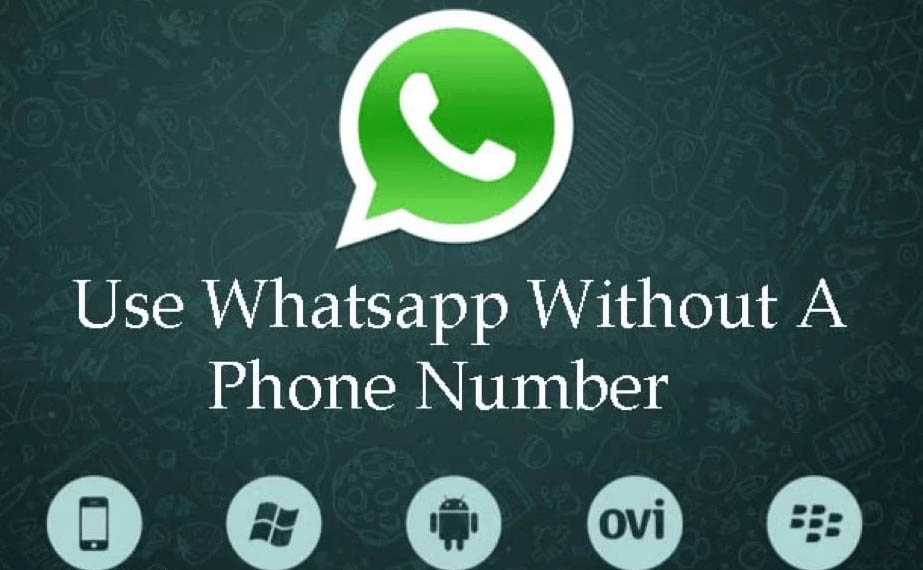The heart of the matter in this case is the TRAI’s DND 2.0 App which TRAI has mandated all “Access Providers” to include in their App Stores. This app not only allows a user to block spammers like tele marketing services, insurance companies, credit card companies, etc. but also helps TRAI to track in real time who those spammers are and instantly blacklist them or take action against them.
“EVERY ACCESS PROVIDER SHALL ENSURE, WITHIN SIX MONTHS’ TIME, THAT ALL SMARTPHONE DEVICES REGISTERED ON ITS NETWORK SUPPORT THE PERMISSIONS REQUIRED FOR THE FUNCTIONING OF SUCH APPS AS PRESCRIBED IN THE REGULATIONS 6(2)(E) AND REGULATIONS 23(2)(D),” STATES THE TRAI DIRECTIVE.
So basically, its not about iPhones per se, but Apple not making this app available in their App Store which is causing discomfort to TRAI. While Google took heed of TRAI’s directive and included this app in their Android Play Store immediately, Apple is holding this app citing more intrusive access permissions resulting in user’s breach of privacy:
DND 2.0 app in Android Play Store
Now where does the question of intrusive access permissions arise? As I said, the app not just blocks the spammer for that particular smart-phone user, but also sends back telephonic data to TRAI in real-time so that TRAI can get to know who the spammer is and block them in their database too. In order to do that, TRAI needs to collect some data through the app which requires some aggressive access to telephony, call logs, etc. and this is where the disagreement arises between Apple and TRAI – Apple doesn’t want to allow the app in their store as it believes that it violates their user’s privacy.
Apple had similar privacy tussles with other app developers before too, most notably, Uber. More than care for user privacy, I think its a perception battle for Apple. Since Google doesn’t seem to have any grand ambition to come off as a privacy champion for their users (they earn mostly through advertising revenue), they didn’t give any second thoughts before allowing the DND 2.0 app in their Play Store. But since Apple is facing declining sales in their Macbook Pro and iPhone lines with growing number of Chinese competitors in recent years, they are trying to secure their only advantage in the game which others don’t have – User Privacy.
Apple is playing the long game here. Considering that European Union passed the GDPR laws last year and other countries are about to follow suit soon, Apple understands that Privacy is going to be a huge selling point in coming years across the world, especially in technology business. Hence, it appears that Apple is even willing to forego as large a market as India in order to maintain their privacy standards.












11 Comments
Comments are closed.